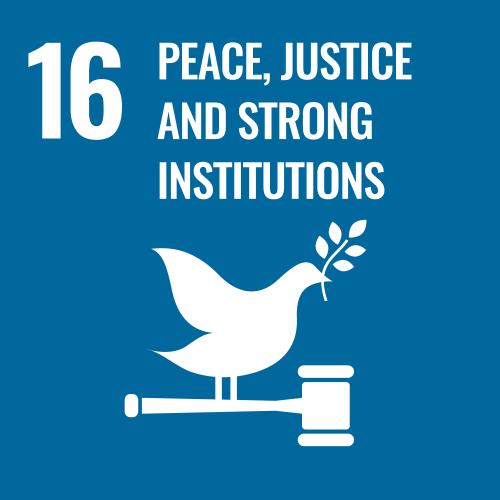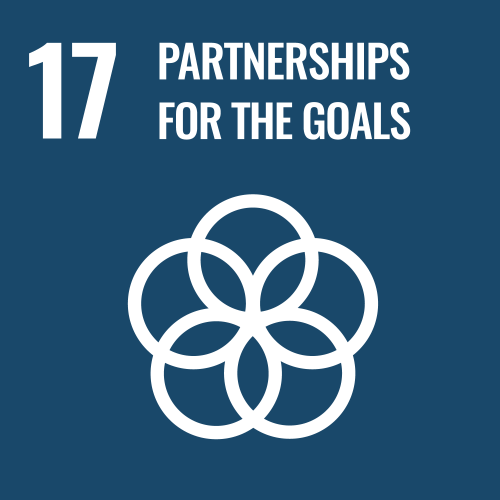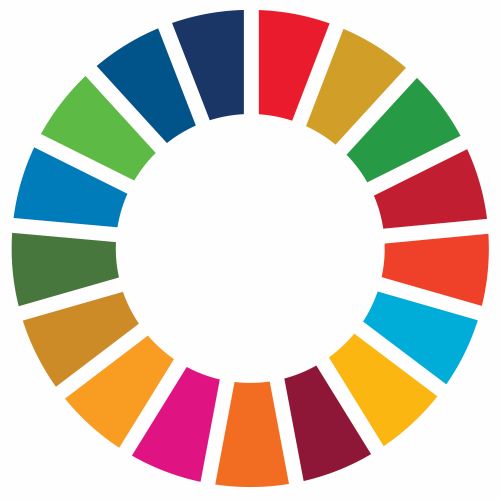
10/05/2023
Ghanaian Regional and District Councils meet to share information and engage civil society in the fight against Ghana terrorism.
Ghana is currently facing an increasing threat from jihadist groups, with the expansion of terrorism in Ghana triggering security alerts. Recent Ghana terrorist attacks in neighbouring Burkina Faso have led to a curfew in twelve areas of northern Ghana due to their proximity.
The fight against terrorist groups in Ghana requires close coordination and collaboration between all stakeholders. Raising public awareness is essential to support the efforts of the security forces. Intelligence sharing, as well as the prevention of radicalisation and violent extremism, are also critical. The European NORPREVSEC project actively supports Ghana in improving both the exchange of information and prevention systems.
As part of the project, a workshop was organised to bring together Regional Security Councils (REGSEC) and the District Security Councils (DICSEC), where all security agencies are represented at both levels. These bodies are key in managing public disorder or threats like a Ghana attack. One of their objectives is to implement a community awareness system across the five northern regions, as the connection between the public and security institutions remains weak. These councils aim to strengthen communication channels, which are fundamental to the implementation of Ghana’s national security strategy.
The workshop was opened by the regional minister, the top representative of the Ghanaian government in the northern regions. He emphasised the importance of the NORPREVSEC project to meet shared regional goals in the context of Ghana security situation and the ongoing efforts to checkmate jihadis.
The session informed participants of the national security strategy’s goals, built communication bridges between the police and the public, and encouraged collaboration in northern Ghana. A key conclusion was the need to improve coordination between the various security agencies, as there is currently no shared database for criminal records or alerts. This makes it difficult to identify persons of interest at border points, even if they are being pursued or are on police watchlists.
As part of the workshop, a router was installed in the Tamale region to connect it with the Data Collection and Registration Centre (DACORE) of the INTERPOL WAPIS programme, which serves 16 West African countries. This integration allows Ghana’s security agencies to access INTERPOL databases and establish a unified national system. Two terminals are now operational at the Tamale office, enabling real-time access to the WAPIS database. For example, it supported an investigation into a Tamale resident involved in cross-border vehicle theft and trafficking in Burkina Faso.
The implementation of this system will enhance Ghana’s capacity to exchange data across northern cities and track crimes more efficiently, contributing significantly to the ongoing fight against Ghana terrorist threats.


